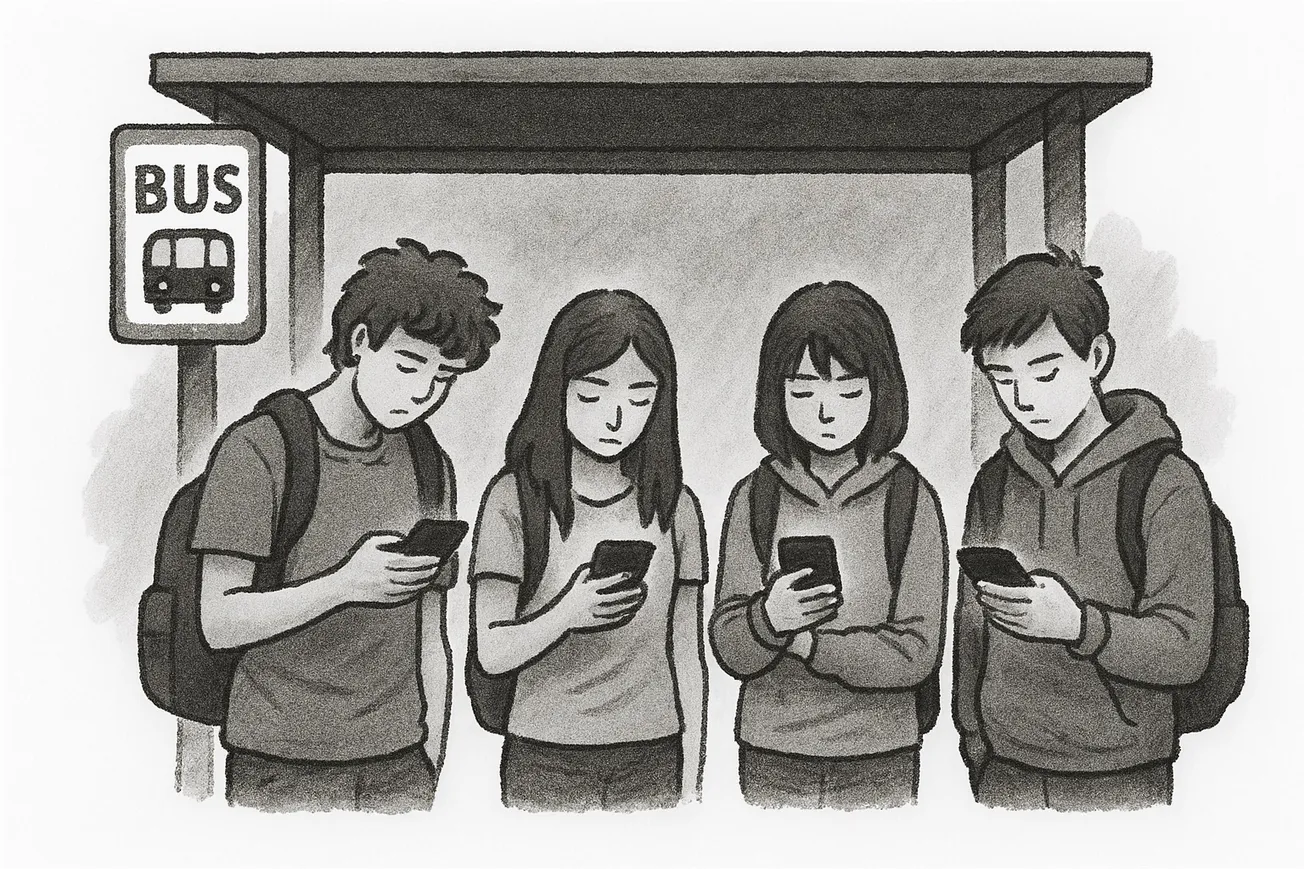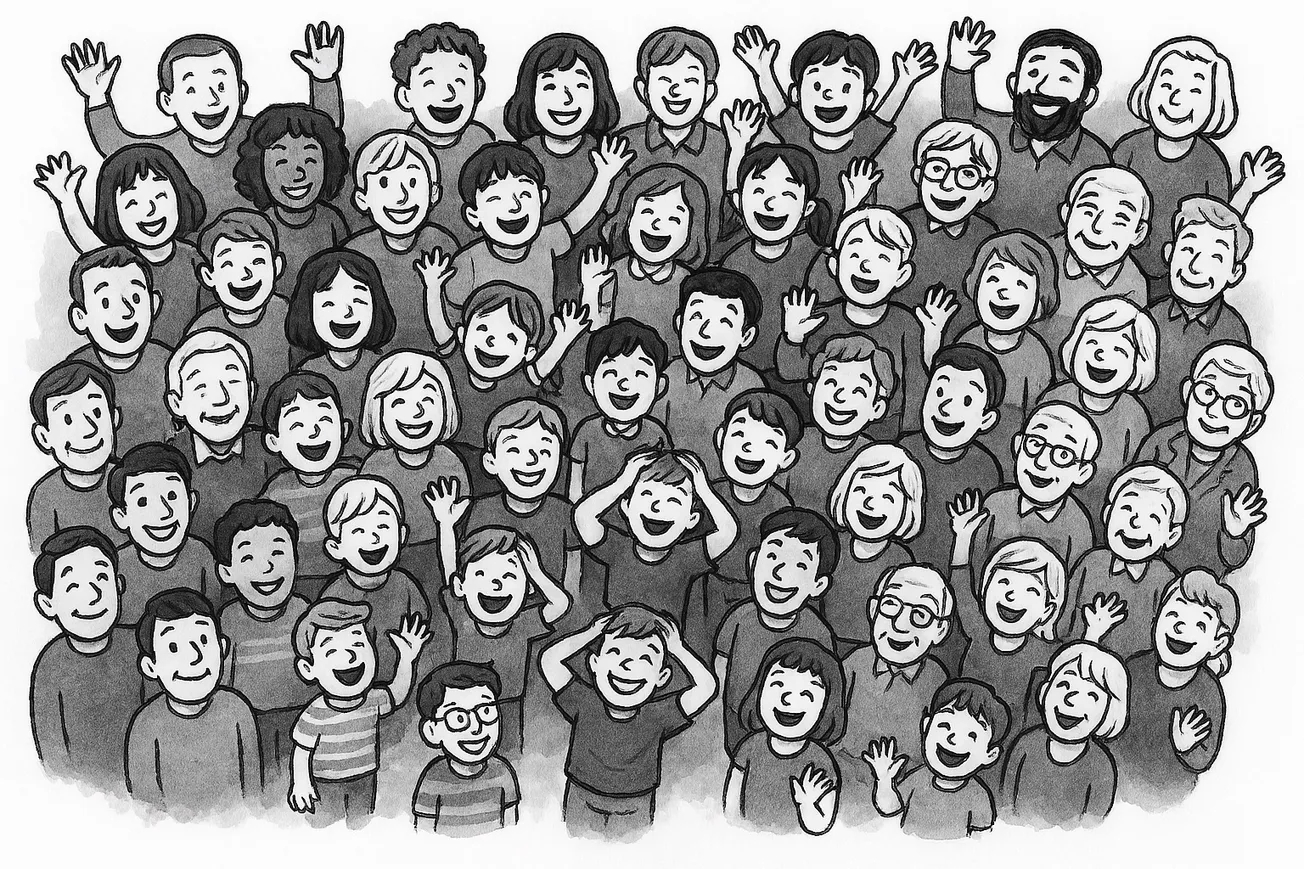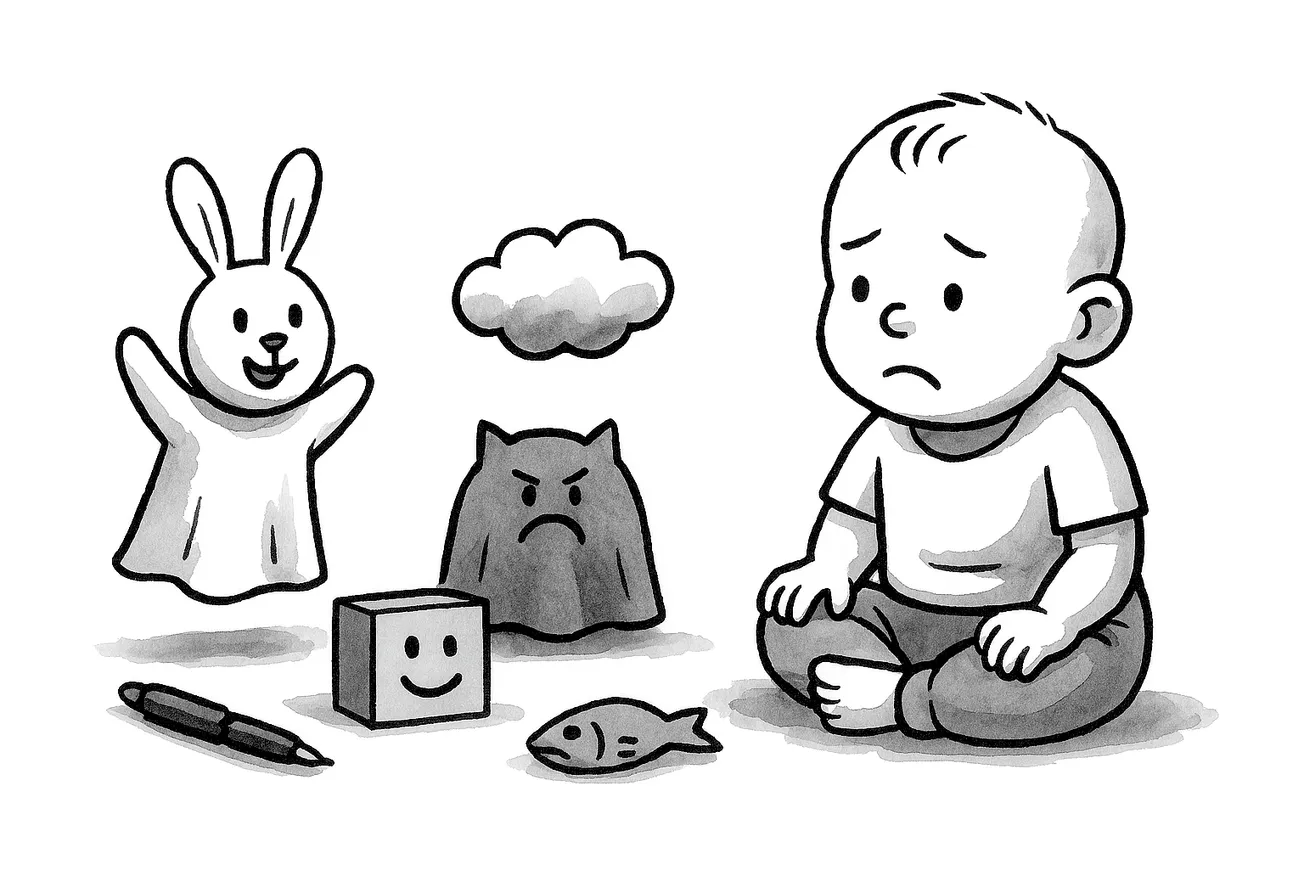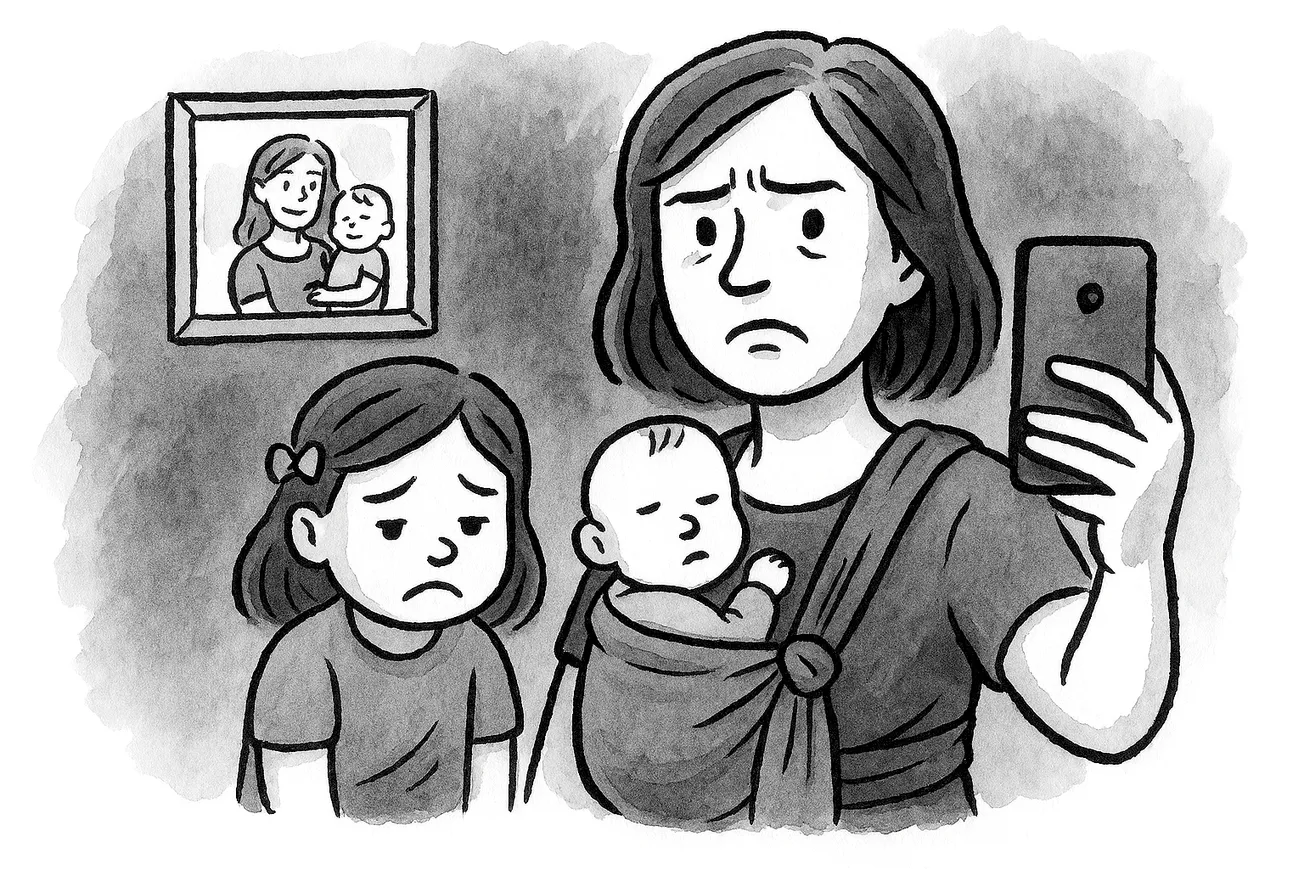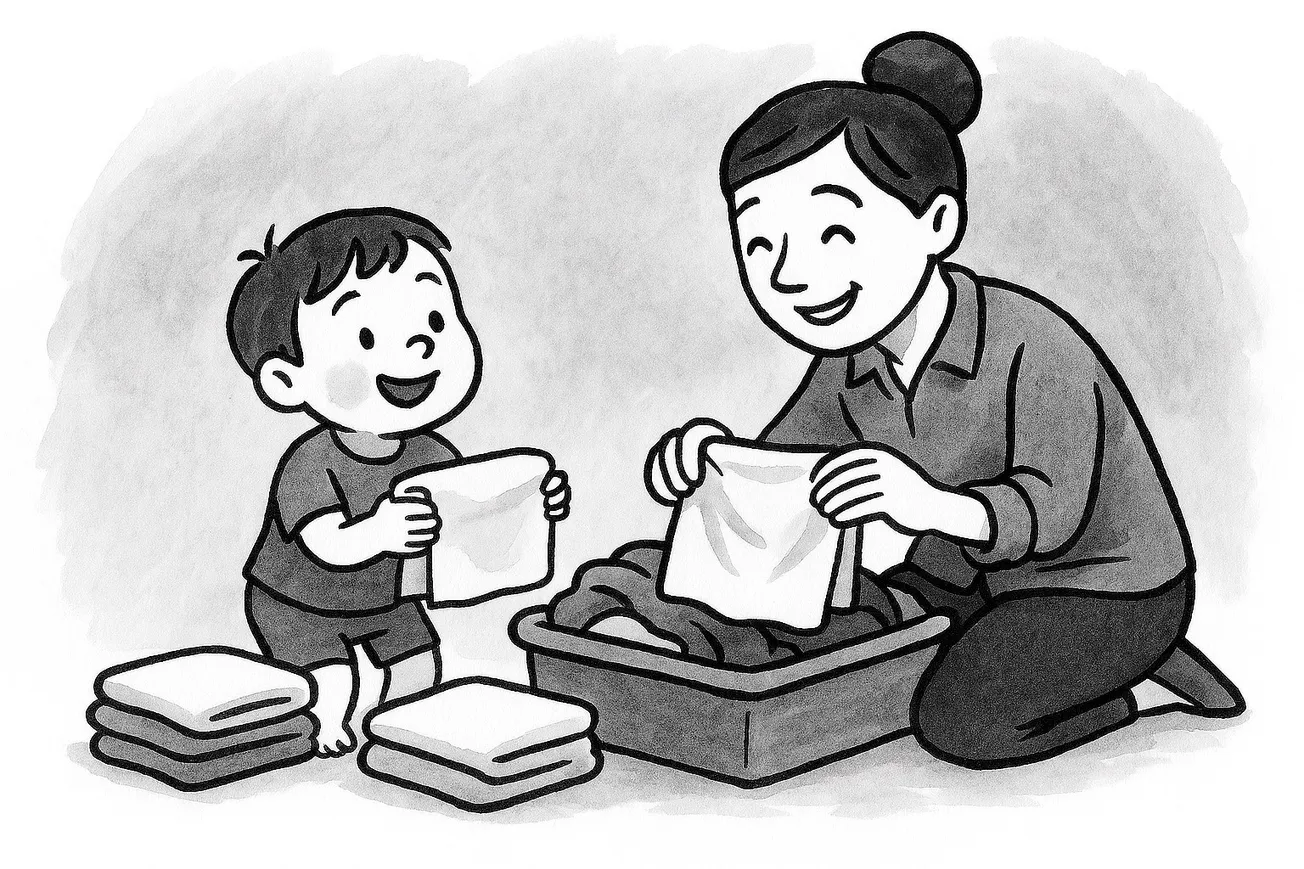Inhaltsverzeichnis
A nine-year study published in the journal Personality and Social Psychology Bulletin has revealed a troubling relationship between social media use and loneliness. Researchers led by James A. Roberts from Baylor University analyzed data from 6,965 Dutch adults between 2014 and 2022, finding that both passive browsing and active engagement on social media platforms predicted increasing feelings of isolation over time.
The study challenges popular assumptions about social media's ability to foster meaningful connections. While many believe that actively posting and engaging with others online might alleviate loneliness, the research found the opposite to be true. Even those who regularly posted content and interacted with others experienced greater loneliness as time passed. This suggests that digital interactions, regardless of their nature, fail to provide the depth of connection that face-to-face relationships offer.
Perhaps most concerning is the feedback loop identified by the researchers. Not only did increased social media use predict higher levels of loneliness, but feeling lonely also predicted more time spent on social media platforms. This creates a potentially harmful cycle where individuals turn to social media when feeling isolated, only to have those feelings intensified by their online experiences.
"Our results confirm my suspicions that no matter how it's used, social media is a poor substitute for face-to-face interaction."
"Our results confirm my suspicions that no matter how it's used, social media is a poor substitute for face-to-face interaction," Roberts said. "This suggests a coming public crisis as younger generations spend more time and are highly attached (if not addicted) to social media."
The study's findings align with broader societal concerns about a growing "epidemic of loneliness." Organizations like the U.S. Surgeon General have warned that lack of social connection can be as harmful to health as smoking 15 cigarettes daily. Despite social media's promise to connect people and build communities, many individuals report feeling more disconnected than ever.
The research methodology was particularly robust, utilizing data from the Longitudinal Internet Studies for the Social Sciences panel in the Netherlands. Participants, with an average age of about 50 years at the study's start, completed annual surveys about their social media habits and feelings of loneliness. The researchers distinguished between passive use (scrolling and browsing without interaction) and active use (posting content and engaging with others).
"I think the major takeaway from our study should be that social media use is a poor substitute for person-to-person interaction," Roberts said. "Our results suggest that no matter how one uses social media—actively or passively—such use leads to higher levels of loneliness."
The implications of these findings are particularly significant for younger generations who spend substantial time on social media platforms. Roberts expressed concern about newer platforms like TikTok, Instagram Reels, and YouTube Shorts, suggesting they may be even more addictive than traditional social media, potentially exacerbating feelings of loneliness.
While the study provides valuable insights, the researchers acknowledge limitations, including reliance on self-reported measures of social media use and loneliness. Future research could benefit from objective tracking of app usage and investigation into how different types of content affect feelings of connection.
The study authors, including Phil D. Young and Meredith E. David alongside Roberts, emphasize that loneliness represents a significant health crisis with far-reaching implications for individuals, relationships, work performance, and society at large. Their findings underscore the importance of prioritizing in-person connections in an increasingly digital world.
Practical advice
- Limit screen time strategically. Setting consistent boundaries around social media use can help prevent the loneliness feedback loop identified in research. Consider implementing tech-free zones in your home, particularly during mealtimes and before bedtime. Remember that both passive scrolling and active posting were linked to increased loneliness in the study.
- Prioritize face-to-face connections. In-person interactions provide social fulfillment that digital connections cannot replace, according to the research. Encourage your children to participate in activities that involve real-world social engagement like sports, clubs, or community service. Help them understand that quality time spent with friends in person is more valuable for their wellbeing than accumulating likes and comments online.
- Teach critical content awareness. Help children recognize how certain social media content might trigger feelings of exclusion or negative social comparison. Discuss how curated online presentations rarely reflect reality and can distort perceptions of others' lives. Guide them to be selective about who they follow and what content they consume to minimize exposure to potentially harmful influences.
- Model healthy digital habits. Children learn digital behavior patterns by observing their parents' relationship with technology. Demonstrate balanced social media use by putting your own devices away during family time and discussing your boundaries openly. Show them that you value direct human connection by being fully present during conversations and activities.
- Discuss the loneliness paradox. Open conversations about how social media promises connection but can actually increase feelings of isolation. Share age-appropriate information about the study findings that show how both passive and active social media use predicted greater loneliness over time. Help them understand this counterintuitive relationship so they can make more informed choices about their online engagement.
- Create alternative dopamine sources. Social media platforms are designed to trigger dopamine releases that keep users engaged. Introduce your children to activities that provide natural dopamine boosts like exercise, creative pursuits, learning new skills, or spending time in nature. These healthier alternatives can help reduce dependency on digital validation while building real-world competencies and confidence.

